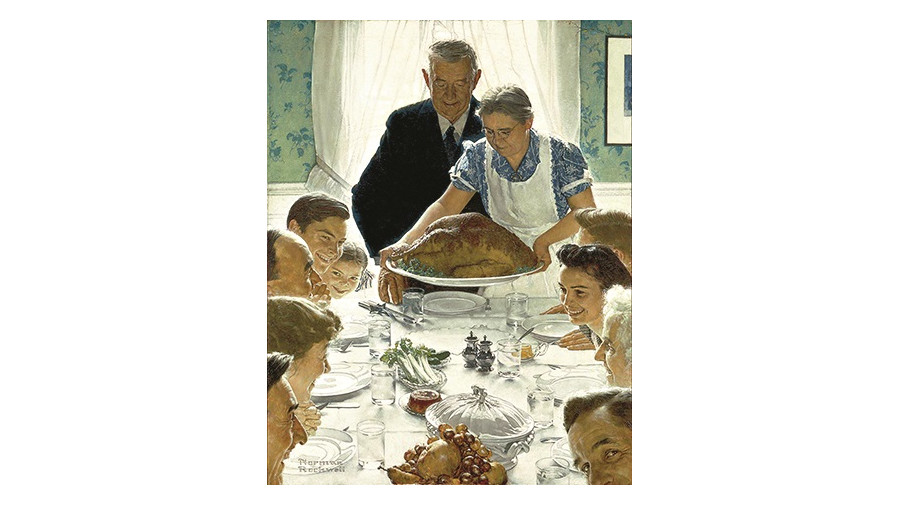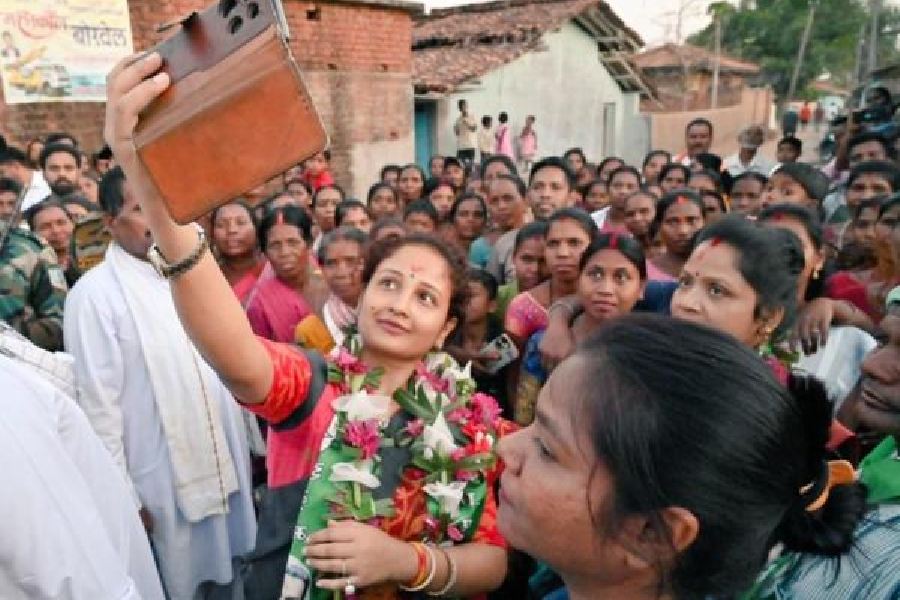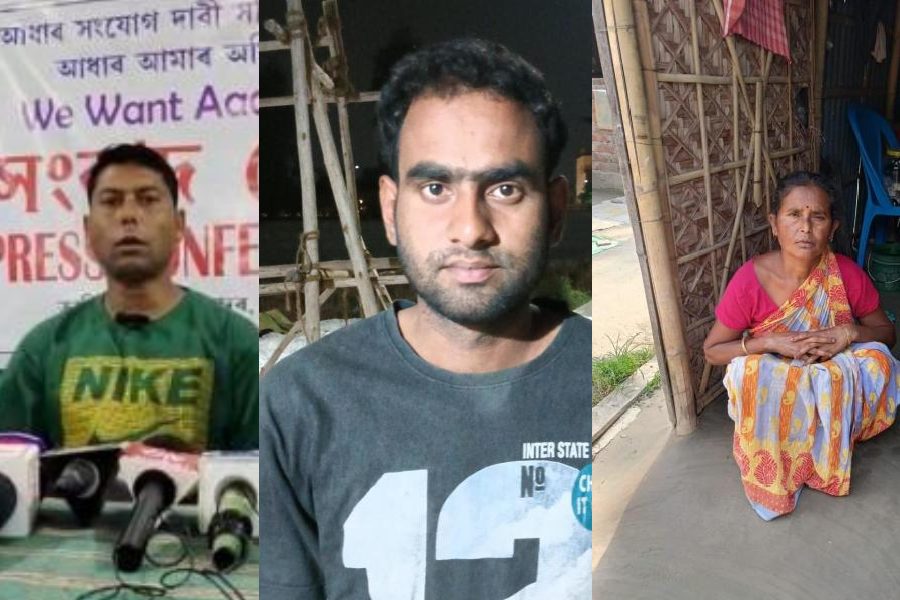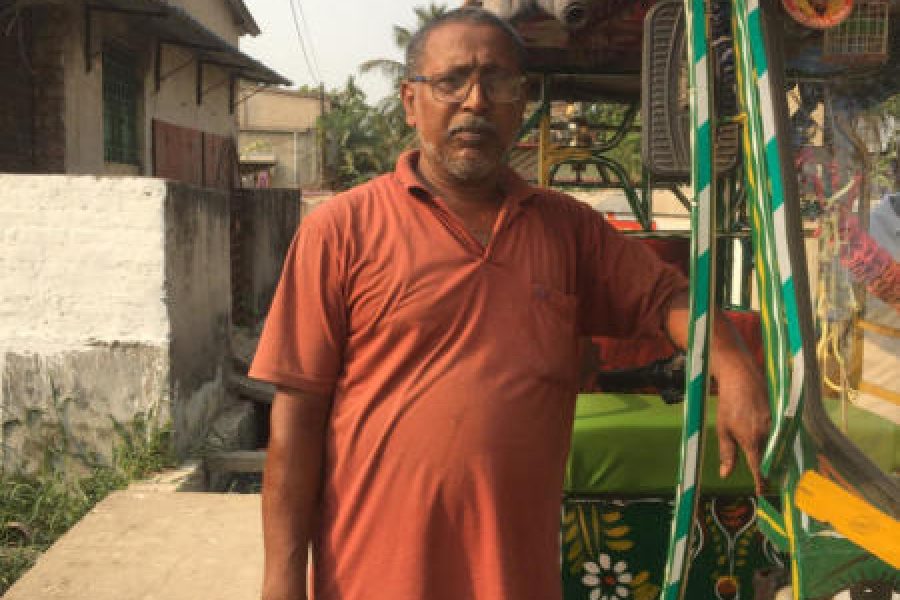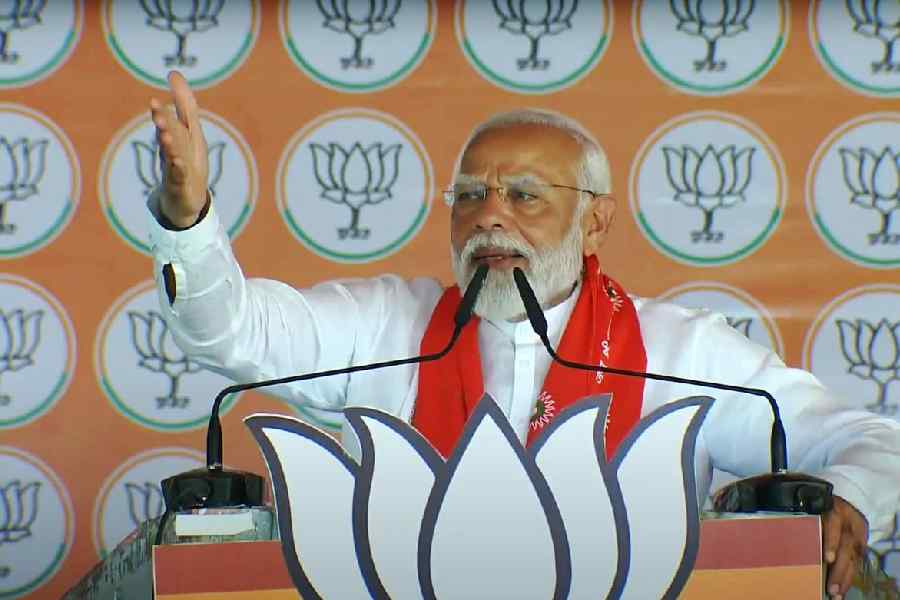Toxic families in fiction go back as far as the art of storytelling itself. Greek mythology is awash with dysfunctional families, from Kronos swallowing his children to Zeus and the Olympians overthrowing the Titans — their parents. The Old Testament gives us fratricide with Cain and Abel, while fairytales delight in wicked stepmothers, negligent fathers and evil sisters. For thousands of years, storytellers have known that there is no narrative as powerful as the family at war. Dysfunctional families in fiction reassure readers that families fraught with tensions, conflicts, rifts and rivalries are a fact.
And what better time to bring the subterranean bitterness to the surface than Thanksgiving? Tellingly, Thanksgiving celebrates the fragile peace between Native Americans and the pilgrims who established the Plymouth Colony, which ended in a bloody war that left thousands dead.
Far smaller hiccups have led to the dismantling of the myth of the ‘Perfect Family’. In Anne Tyler’s A Patchwork Planet, strife begins at a potluck Thanksgiving dinner with no turkey and one too many pumpkin pies. Pop-pop begins to brag about the achievements of his family members; unfortunately not all of them are equally successful — Barnaby Gaitlin, the narrator, for instance, is a former juvenile delinquent. Dinner soon takes an ugly turn as misgivings are dished out with relish. In Jay McInerney’s Model Behaviour, parents turn up for a restaurant meal with the protagonist in Manhattan, where the drunken father behaves monstrously.
One too many drinks have often led to skeletons tumbling out of the closet. In Suzanne Berne’s The Ghost at the Table, this is somewhat literal as sisters squabble over their childhood years where entire events are remembered differently — even the death of their mother years before.
Philip Roth thought that Thanksgiving meant “[a] moratorium on all the grievances and resentments”. But moratoriums can be as fragile as the peace between Native Americans and the Pilgrims. In Rick Moody’s The Ice Storm, “Thanksgiving dinner at the O’Malleys... was like waiting for the end of a ceasefire. Billy and her father would assume a guarded silence until the first drinks had been consumed. Then Billy would launch into his list of dissatisfactions beginning with, say, her father’s preposterous support for the House Un-American Activities Committee. Open disgust was not far away.”
November’s final Thursday is thus rarely a reason for rejoicing, except for mischievous authors who find in Thanksgiving the perfect opportunity to write about seething kith and kin seated around a turkey.

